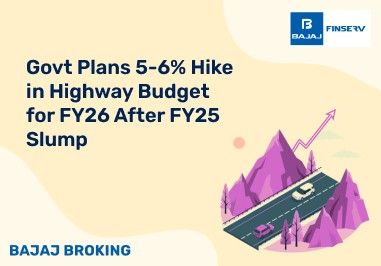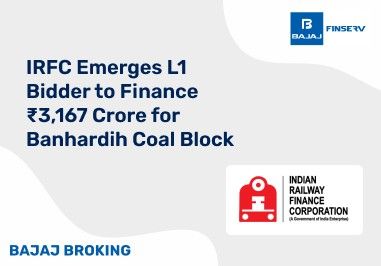Data Collection and Analysis
The departmental budget and finance ministry circular form the basis for data collection and analysis. Here’s how union budget is prepared by collecting data and conducting an analysis:
Each department has its members working on the ground level who prepare a data chart featuring the details of positives and negatives.
This data is reviewed and scrutinised by the departmental head before sending it to the finance ministry.
Once the finance ministry receives data, a team of finance experts sit to evaluate these charts to base their union budgeting.
Remember that, with the change in time, the Finance Ministry has also adapted to technological advancements. For instance, the focus on macroeconomic data collection and computation technology to help ease the process of reviewing existing databases and generating automatic charts for the future based on these databases.
Consultation Phase
Since the Indian Union budget decides the country’s fate including the common man’s and big stakeholder’s, it is crucial to consult the representative of each sector of the society for a just and equitable budget planning. The consultation phase includes a meeting with the chief economic advisor, stakeholders, representatives of industries and social groups along with all the union ministries. These discussions are held in multiple meetings to ensure an open space for each department and sector to have a voice.
While the decision of finalising a budget for presentation lies on the shoulders of the finance ministry, the consultation phase is done to hear the voices of the citizens.
Budget Presentation
The union budget in India is presented by the finance minister before commencing a new financial year by:
Presenting a “budget speech” featuring all the highlights of the budget including fund allocation and new projects for a promising future.
After wrapping up the speech, the budget is passed on in the Lok Sabha for every minister to review.
Key features of the Indian Union budget presentation:
Budget presentation is done in the Lok Sabha by the Finance Minister on a date fixed by the president of India.
Except for election years, the union budget is presented on 1st February.
If it’s an election year, the budget is presented twice- An interim budget and a final budget.
Parliamentary Approval
To present the budget and wait for approval is a constitutional obligation of the Finance Minister. Before approvals, a few sessions are held in the Lok Sabha for deliberations, questioning, rejecting and approving the union budget. Parliamentary approval can be categorised into three phases:
The scope of these discussions is examining the fund allocation, scheme and the overall budget structure. These discussions are held for 3-4 days following the budget presentation.
Post general discussions, the Lok Sabha is adjourned for a fixed time in which 24 standing committees of experts prepare reports on the budget that are sent to both houses of the parliament for review.
The Lok Sabha has the voting power on the budget where they can either reject or approve the budget. However, voting is not allowed on matters regarding the Consolidated Fund of India.
Once the voting is done, the budget becomes a bill (finance bill and appropriation bill) that is sent to the President for final assent/approval.
Implementation and Monitoring
After the approval, the Ministry of Finance has the responsibility of implementation which includes three elements:
Implementation of the budget in the first few weeks requires detailed monitoring of the performance. The Finance minister along with the chief economic advisor sits to evaluate whether the expenses incurred on allocated projects are within the budget or not.
Conclusion
Here’s hoping you’ve been able to understand how budgets are prepared. The Union Budget of India is an annual statement of the country’s financial planning that shapes the future. The budget preparation is a rather elaborate process that involves planning, data collection and analysis, multiple rounds of consultation, and presentation before it finally gets approval.
The Union Budget features a detailed guide into the government's planking for fund allocation in different sectors and plays a vital role in the stock market, as well as the reason why investors and traders have their eyes stuck out for the budget.
Disclaimer: Investments in the securities market are subject to market risk, read all related documents carefully before investing.
This content is for educational purposes only. Securities quoted are exemplary and not recommendatory.
For All Disclaimers Click Here: https://bit.ly/3Tcsfuc

























